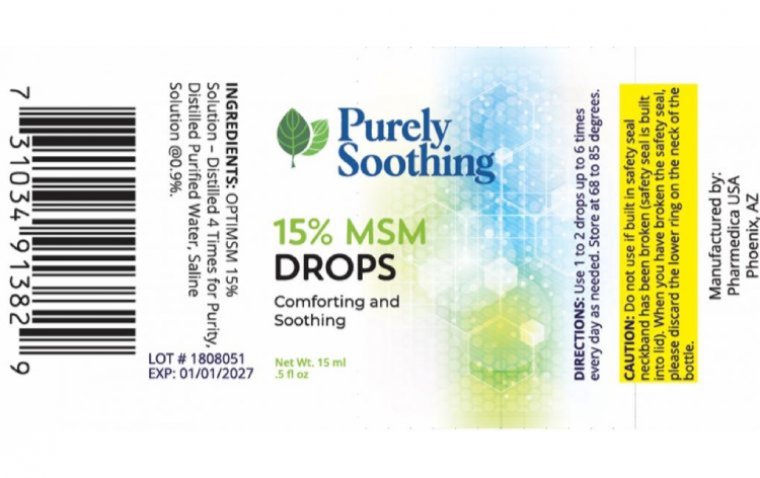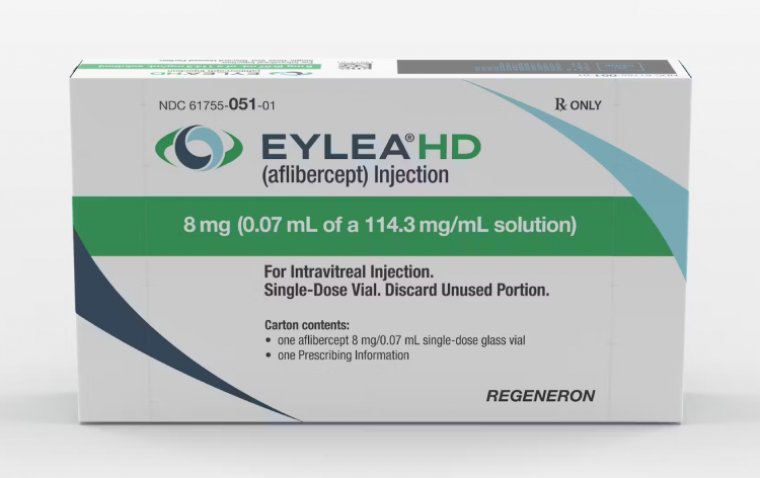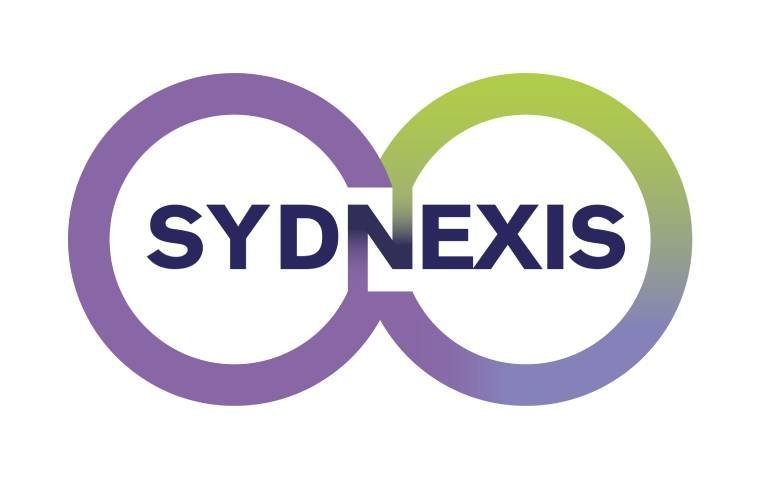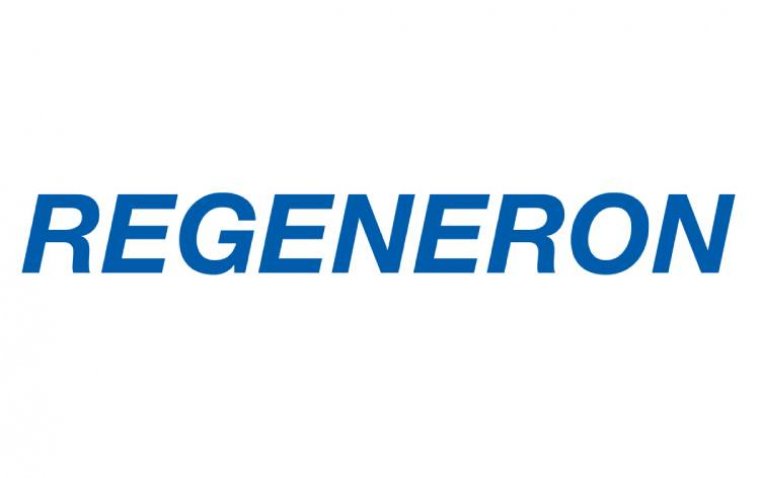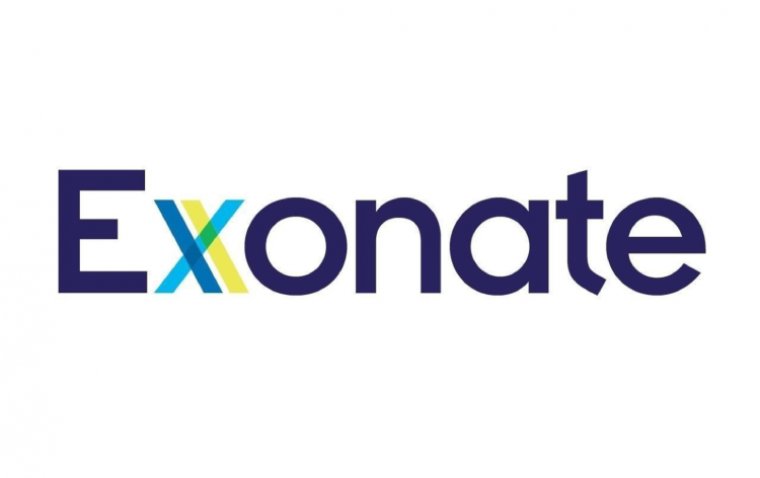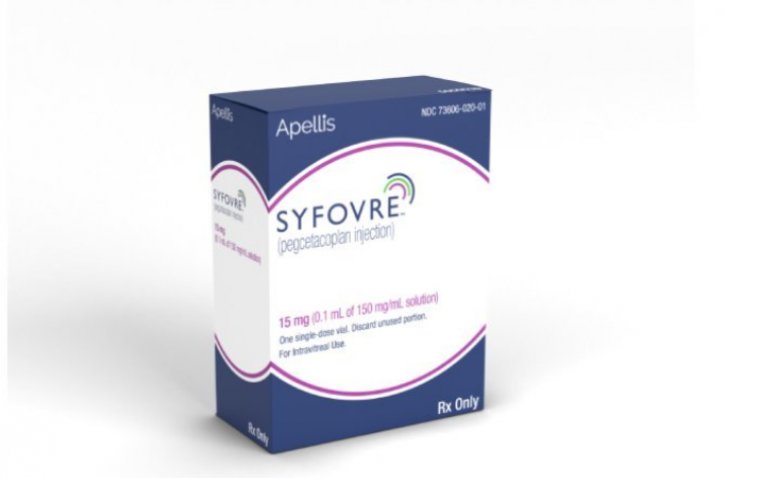
Apellis Faces Setback as Syfovre Receives Negative Opinion for GA in the EU
Apellis Pharmaceuticals is grappling with a setback as the Committee for Medicinal Products for Human Use (CHMP) of the European Medicines Agency (EMA) delivers a negative opinion on the marketing authorization application (MAA) of intravitreal pegcetacoplan for treating geographic atrophy (GA) secondary to age-related macular degeneration (AMD).
The announcement follows a negative trend vote in December 2023 after an oral explanation meeting, as anticipated by the company.
Previous FDA Approval of Syfovre
Syfovre (pegcetacoplan), developed by Apellis, received FDA approval in February 2023, marking it as the first treatment approved in the United States for GA. The approval was based on the results of the phase 3 OAKS and DERBY studies.
However, in July, the ASRS Research and Safety in Therapeutics (ReST) Committee notified members of rare cases of retinal vasculitis occurring after the first Syfovre injection. Apellis identified a potential cause, pinpointing 'internal structural variations' in the specific 19-gauge by 1½ inch filter needle included in certain injection kits.
CHMP's Concerns and Statement
In a recent overview on the European Medicines Agency website, the CHMP expressed concerns that the benefits of Syfovre did not outweigh potential risks.
"Although the studies showed that Syfovre slowed the growth of geographic atrophy lesions, this did not lead to clinically meaningful benefits for patients. It was noted that benefits of a treatment should impact patients’ everyday functioning, and this was not demonstrated in the studies. In terms of safety, regular injections into the eye carry a significant risk of adverse events, including the development of other forms of AMD or inflammation in the eye, that could further worsen vision. Therefore, the Agency’s opinion was that the benefits of Syfovre did not outweigh its risks and it recommended refusing marketing authorisation," the CHMP stated.
Apellis's Response and Plans for Re-examination
Despite the setback, Apellis Pharmaceuticals remains resolute and announced its intention to seek an immediate re-examination of the application.
“We are very disappointed in this outcome on behalf of the millions of Europeans with GA who currently have no treatment options for this irreversible form of blindness,” said Jeffrey Eisele, PhD, Chief Development Officer at Apellis. “We plan to promptly initiate the re-examination of our application and address CHMP questions, with the goal of bringing this first-ever potential treatment to the GA community in Europe.”
Basis of the MAA and Clinical Study Results
The MAA is founded on the 24-month results from the phase 3 OAKS and DERBY studies, published in The Lancet. Apellis claims that treatment with both every-other-month and monthly pegcetacoplan reduced GA lesion growth over time with a well-demonstrated safety profile. The company asserts that pegcetacoplan preserved visual function longer, as demonstrated in multiple post hoc phase 3 analyses presented at medical congresses.
*Stay in the loop and make sure not to miss real-time breaking news about ophthalmology. Join our community by subscribing to OBN newsletter now, and get weekly updates.
Reference:
(1).jpg)
